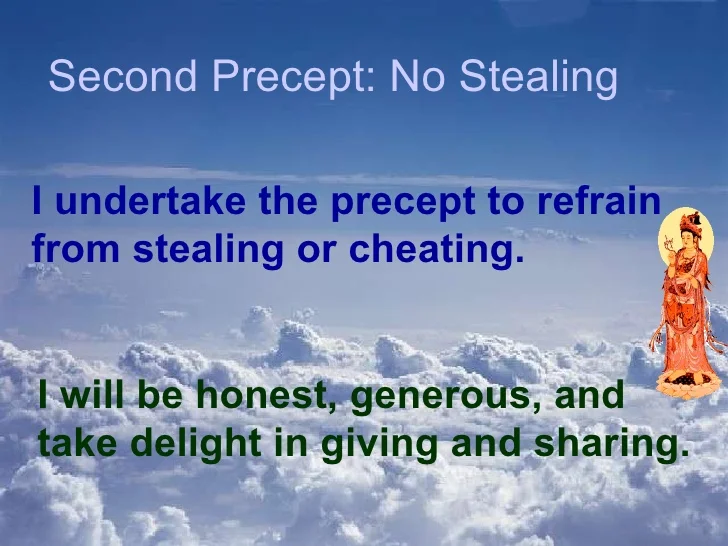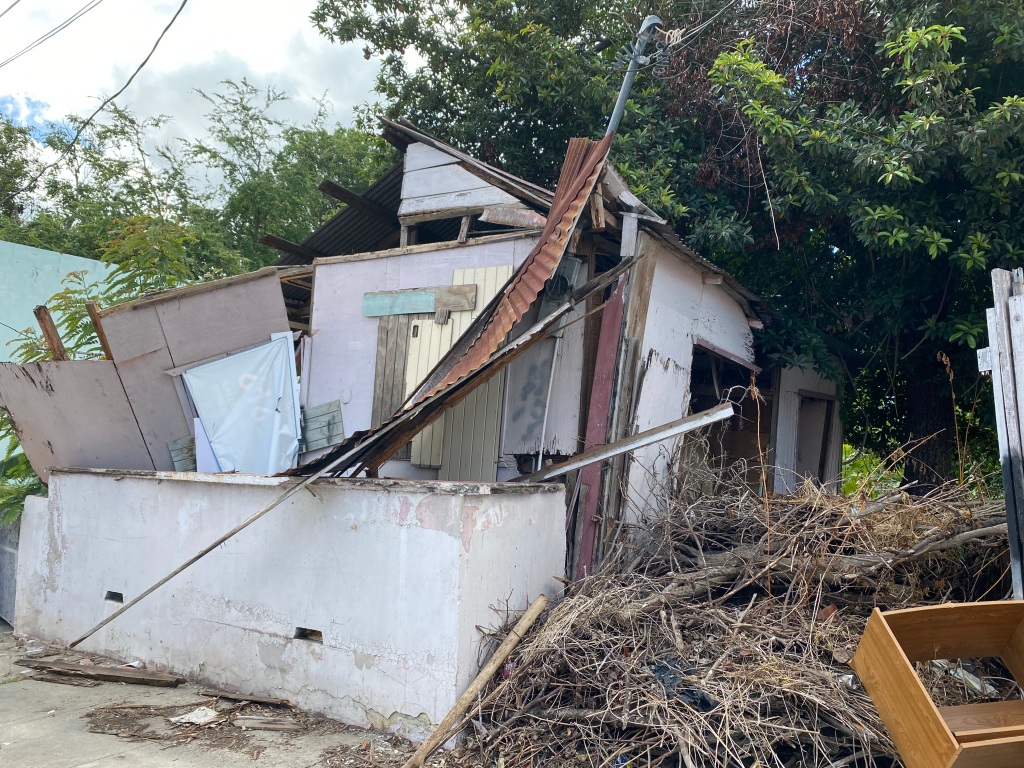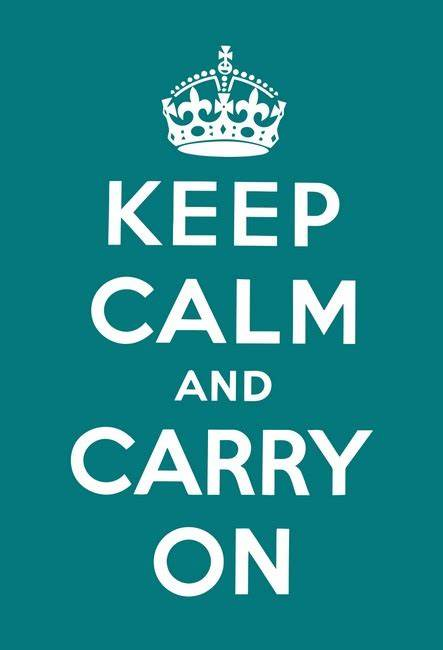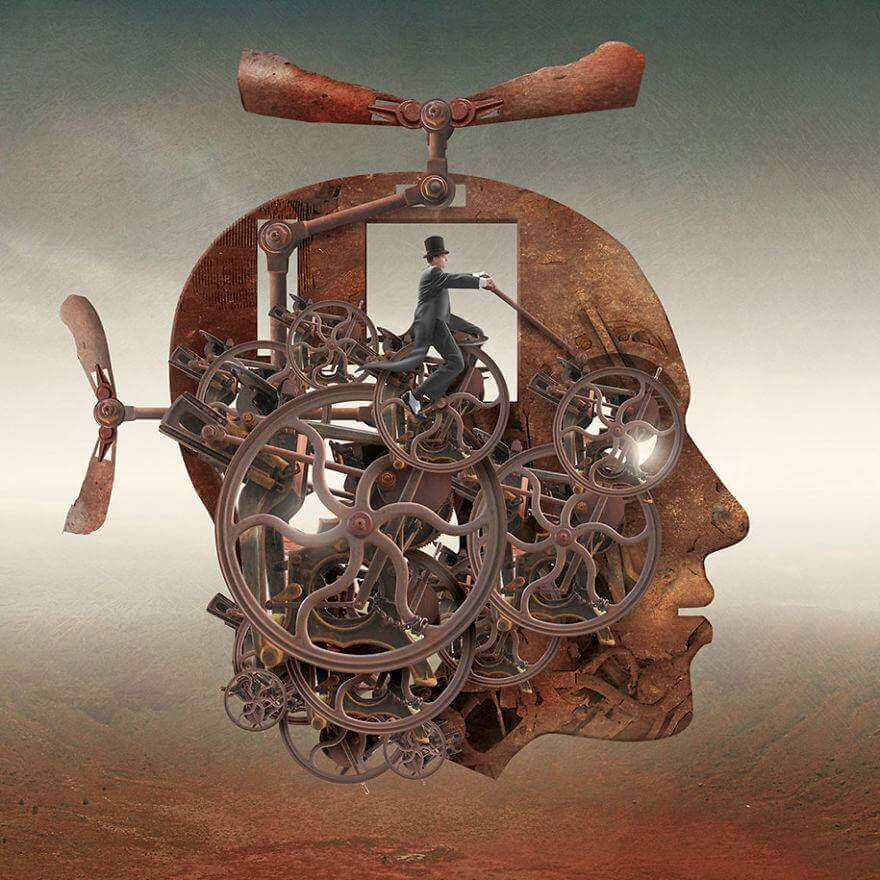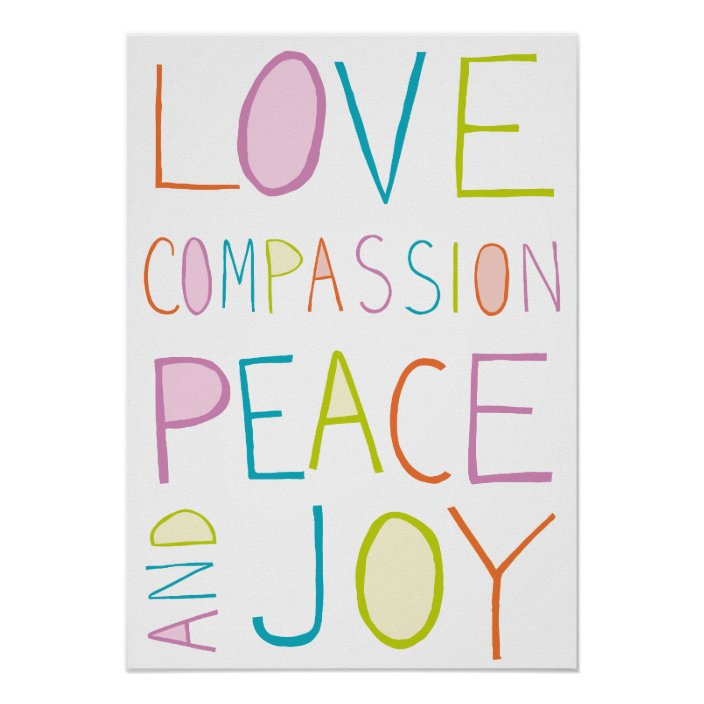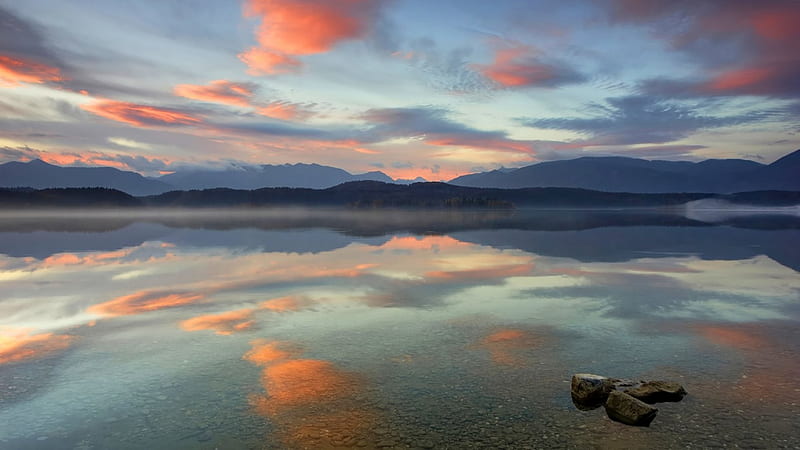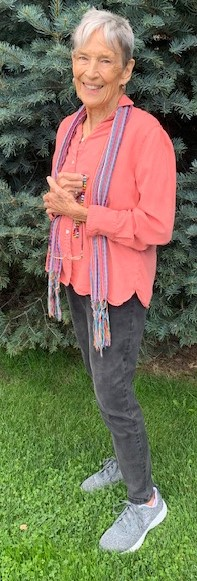
I just returned from 10 days in Oaxaca where I visited with one of my meditation teacher friends, Linda.
When I met Linda at our Community Dharma Leader training at Spirit Rock in 2005, she was just retiring and moving to Oaxaca. Now she is 84 and has lived in Oaxaca for 18 years.
So when we had our last meal together, I said, “Farewell, dear Linda. I may never see you again in this lifetime.”
I may or may not ever go to Oaxaca again. She used to be based in California, where many of her friends and family are, so New England is seldom in her travel plans. I cannot truthfully say “See you later. Nos vemos.”
I used to depend on seeing Linda at our CDL3 retreats every 18 months, but due to the Heavenly Messengers of aging and illness, our classmates recently decided to “sunset” those get-togethers. As a group, we are either too old or too infirm to travel, so it’s time for those in-person retreats to come to an end. I wasn’t surprised that our in-person retreats expired. For our last retreat, 16 people signed up, but then 9 of them cancelled due to aging or illness or disability.
I may see Linda on a group Zoom call in the future. A dozen of our 85 classmates do get together every month to talk about EcoDharma, but that little Zoom square is not the same as a 2-hour lunch or a 1-hour walk or an unexpected adventure.
The previous time I saw Linda, we stayed in an Airbnb in Boulder to acclimatize for a weekend before going up to the Rocky Mountain Ecodharma Center at 8500’ for what was to be our final CDL3 retreat—a hybrid retreat.
In person, Linda and 3 other classmates and i had the adventure of breaking into our Airbnb because the batteries on the keypad lock on the front door had died, and the host didn’t answer the phone. When you’re in person with a friend, memorable adventures sometimes happen.
Good-bye. Adios to all that.
Another friend recently said that she hates to say good-bye. She just wants to leave, sneak out, get away before good-byes are said. I, on the other hand, like to recognize these sorts of passages.
That’s the reason I held Linda’s hand, looked her in the eyes, and thanked her for her friendship. Just in case I don’t see you again in this lifetime, fare thee well, my friend.

